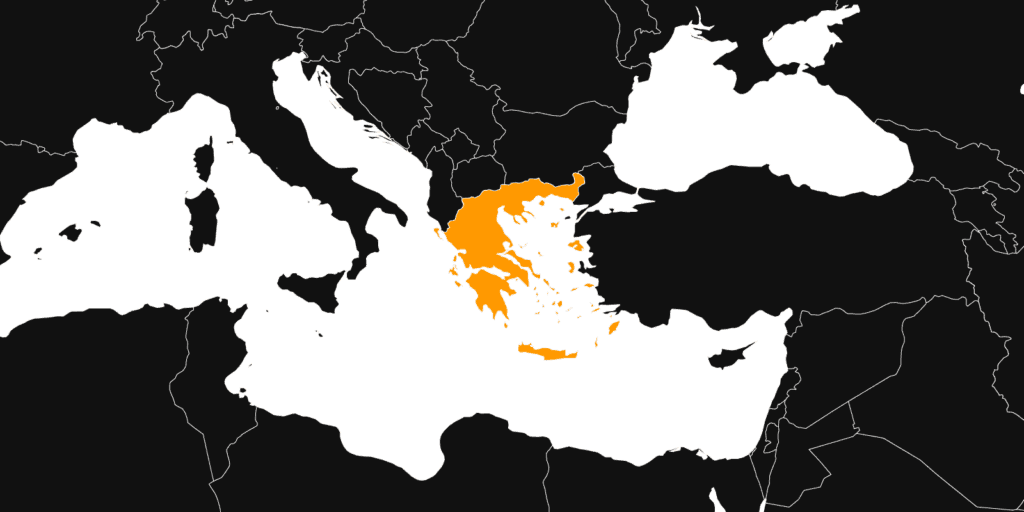

David and Goliath meet in Greek libel suit
Political commentator, cartoonist Andreas Petroulakis says politicians’ cases create atmosphere of “fear, threat and censorship.”
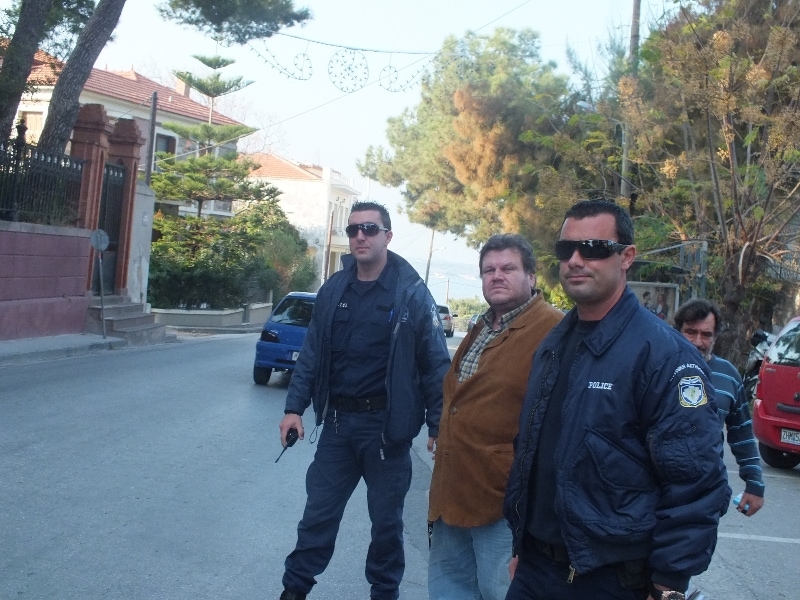
Greek editor sentenced for criticising school director’s extremist views
“I am really worried that this sentence will prohibit other journalists from writing freely and force them to censorship themselves,” journalist Stratis Balaskas says.
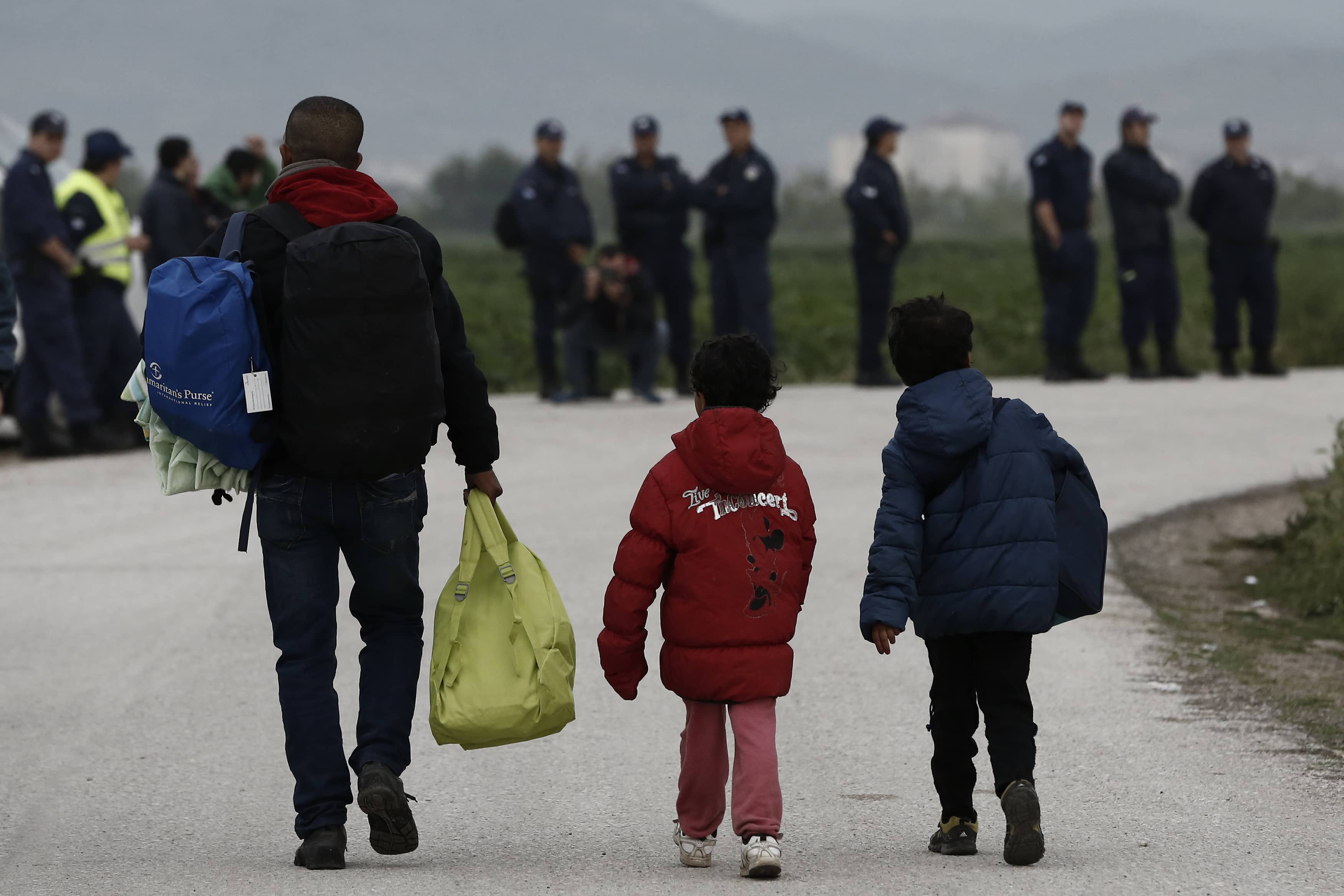
Greek journalists draft ethics code to fight racist coverage of refugees
The aim of the charter is to discourage and denounce climates of intolerance, guarantee the right to freedom of expression and press freedom and the rights of refugees and provide journalists with conditions of voluntary commitment in performing their duties.
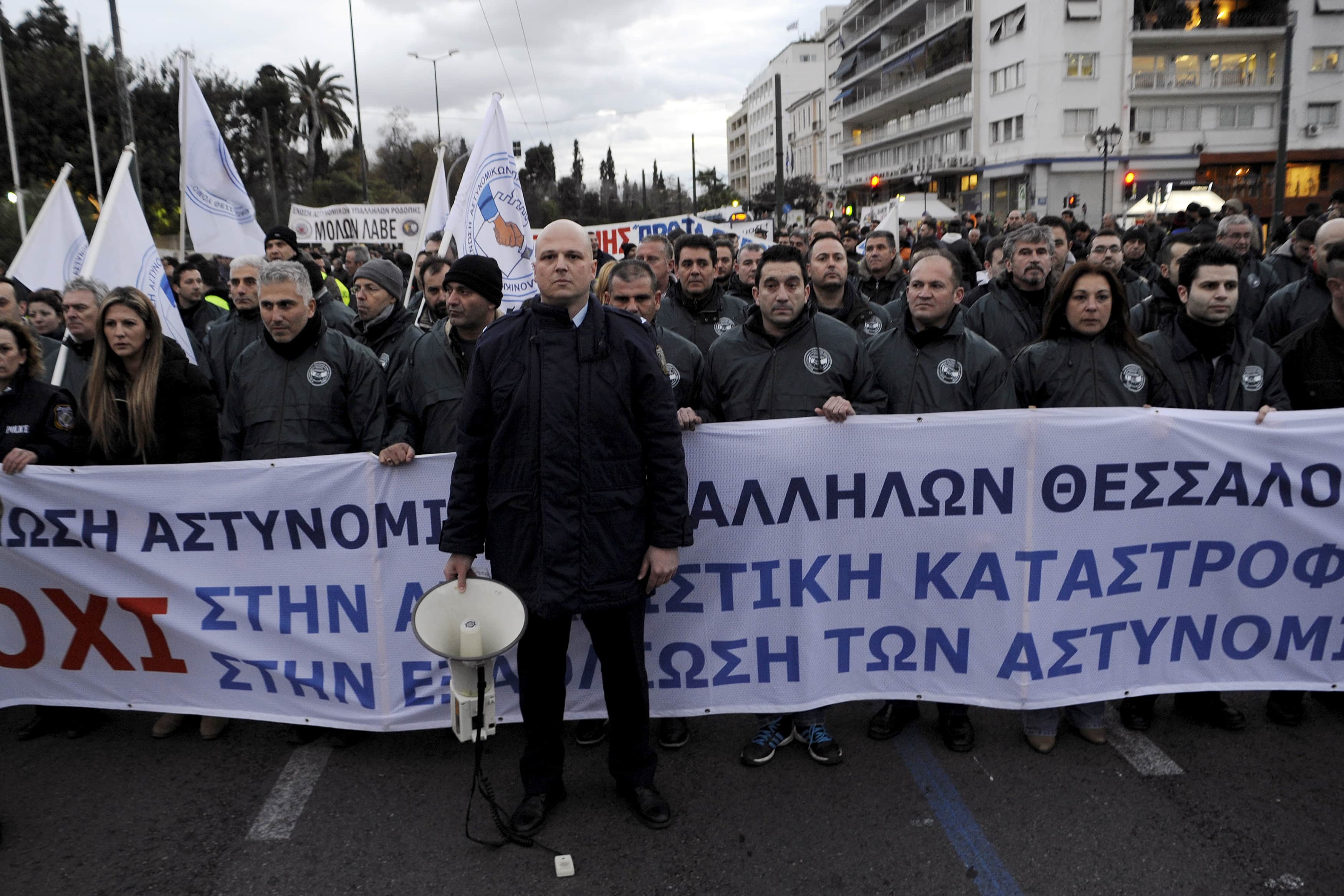
Reporter brutally attacked during public rally in Greece
Demitrios Perros was severely attacked by unknown assailants on 4 February while covering a protest rally organized by public and private sector worker confederations.
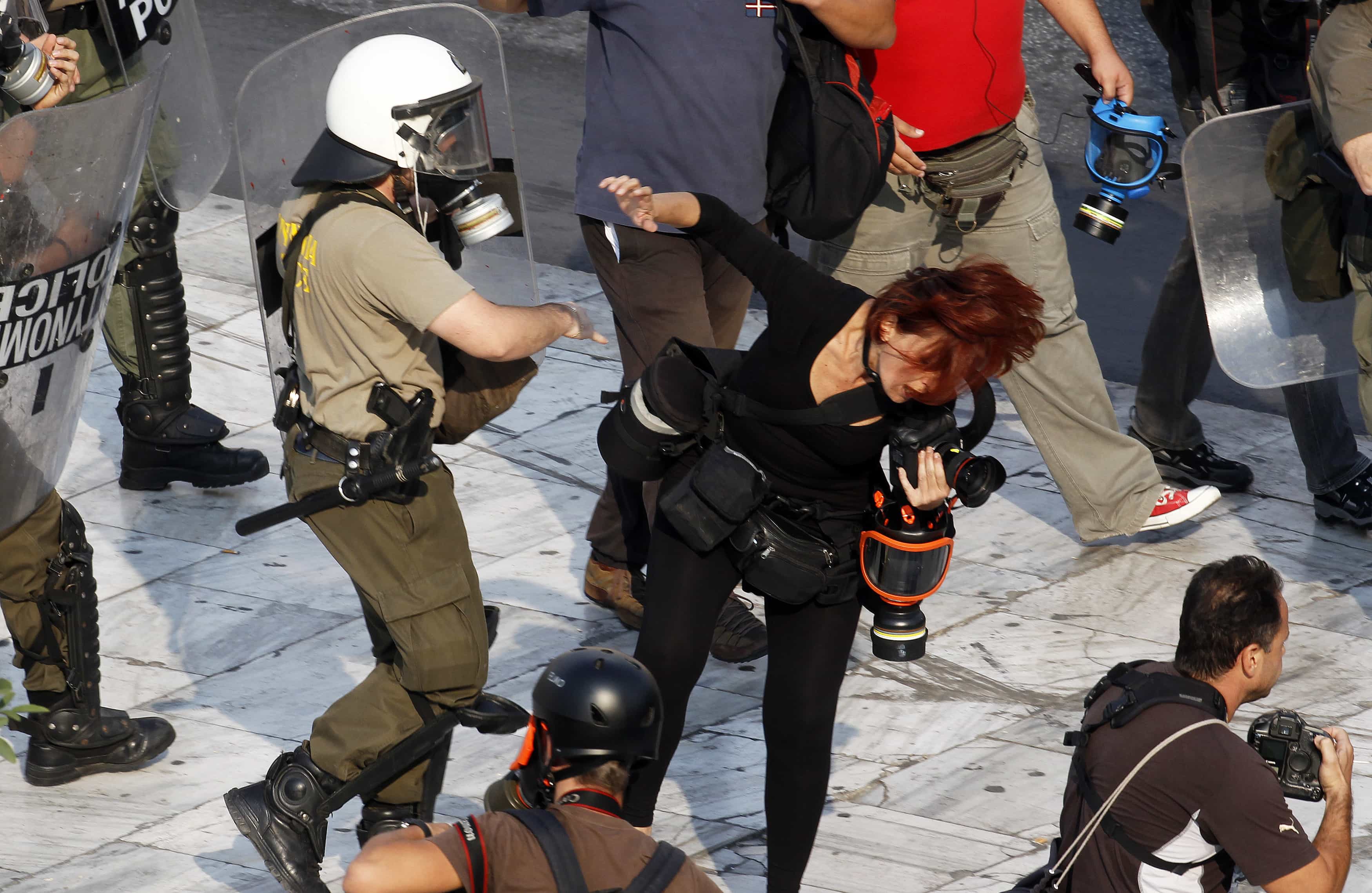
Report reveals unpunished police violence against Greek photojournalists
Statistics kept by the Hellenic Photojournalists’ Union indicate that just one of 16 incidents of police aggression against photojournalists between 2010 and 2014 has resulted in legal consequences.
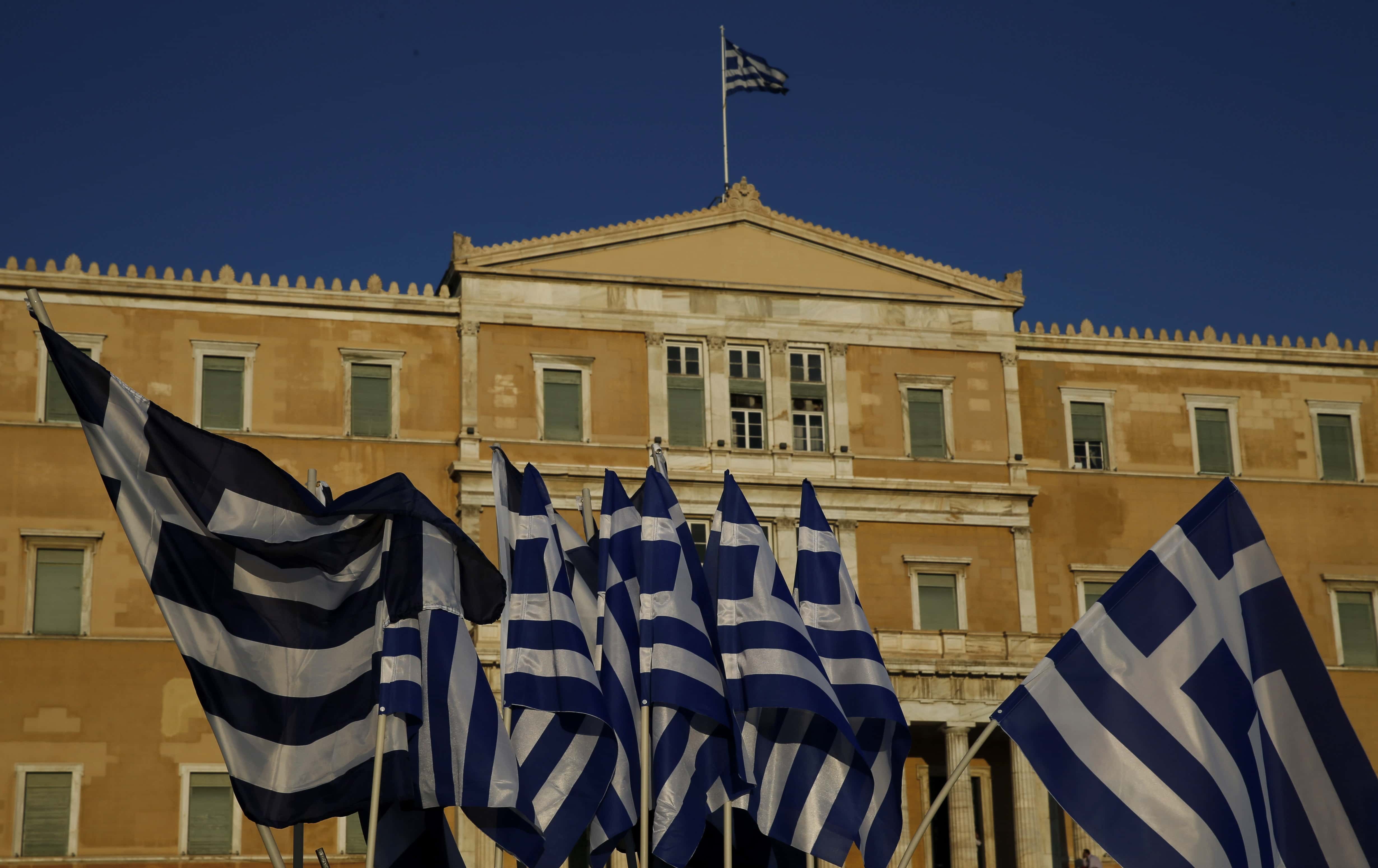
Greek civil defamation reform bill step in the right direction
The proposed changes would scrap the law’s minimum limit for compensation in defamation cases and institute a mandatory 20-day pre-trial period during which the impugned media outlet would have the opportunity to publish a retraction.
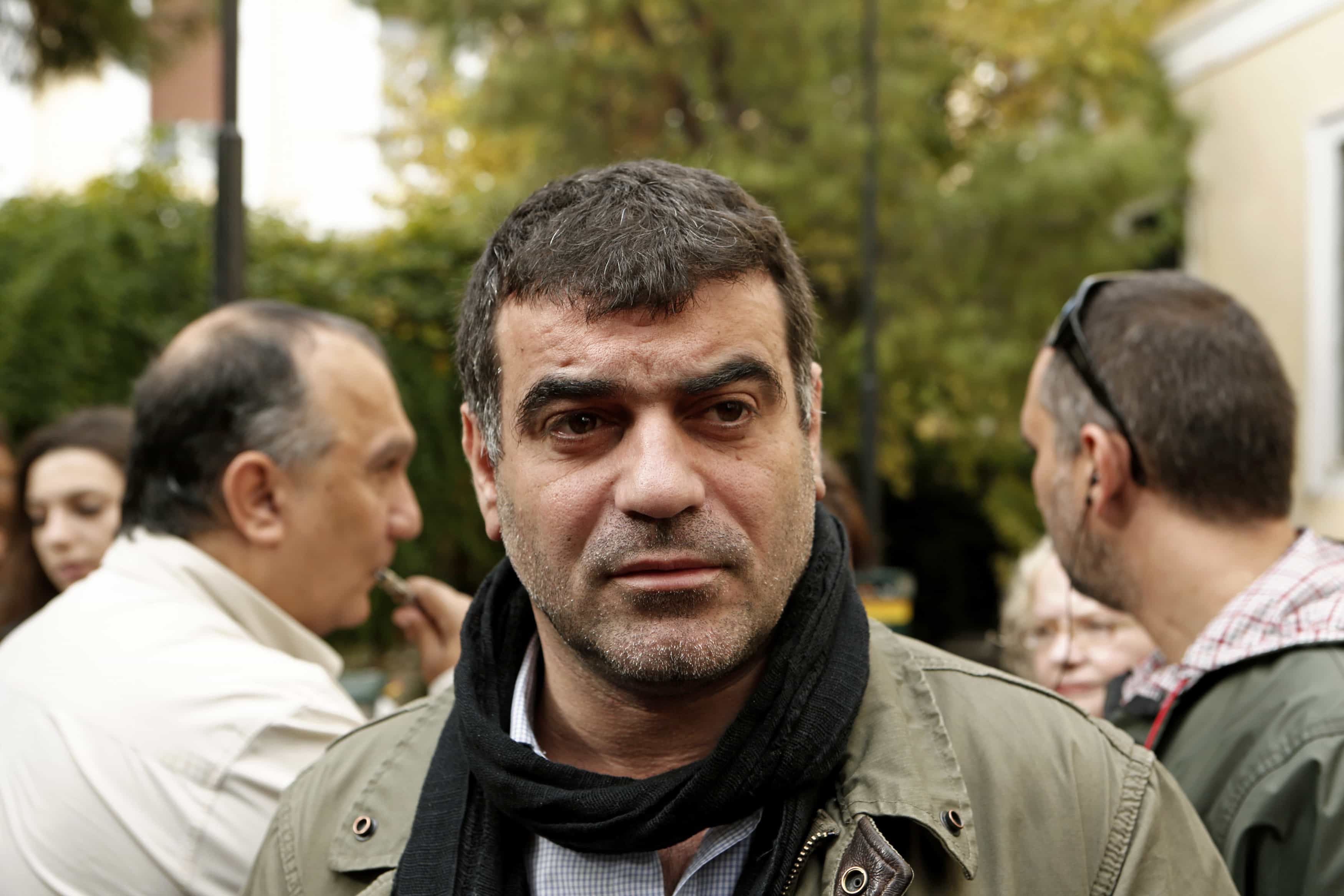
Greek investigative journalist sentenced to prison for libel
A court in Athens on March 30 found Kostas Vaxevanis guilty of criminally defaming a well-known Greek businessman in his magazine, HotDoc, which described Vgenopoulos’s alleged role in the 2012-2013 Cyprus financial crisis.
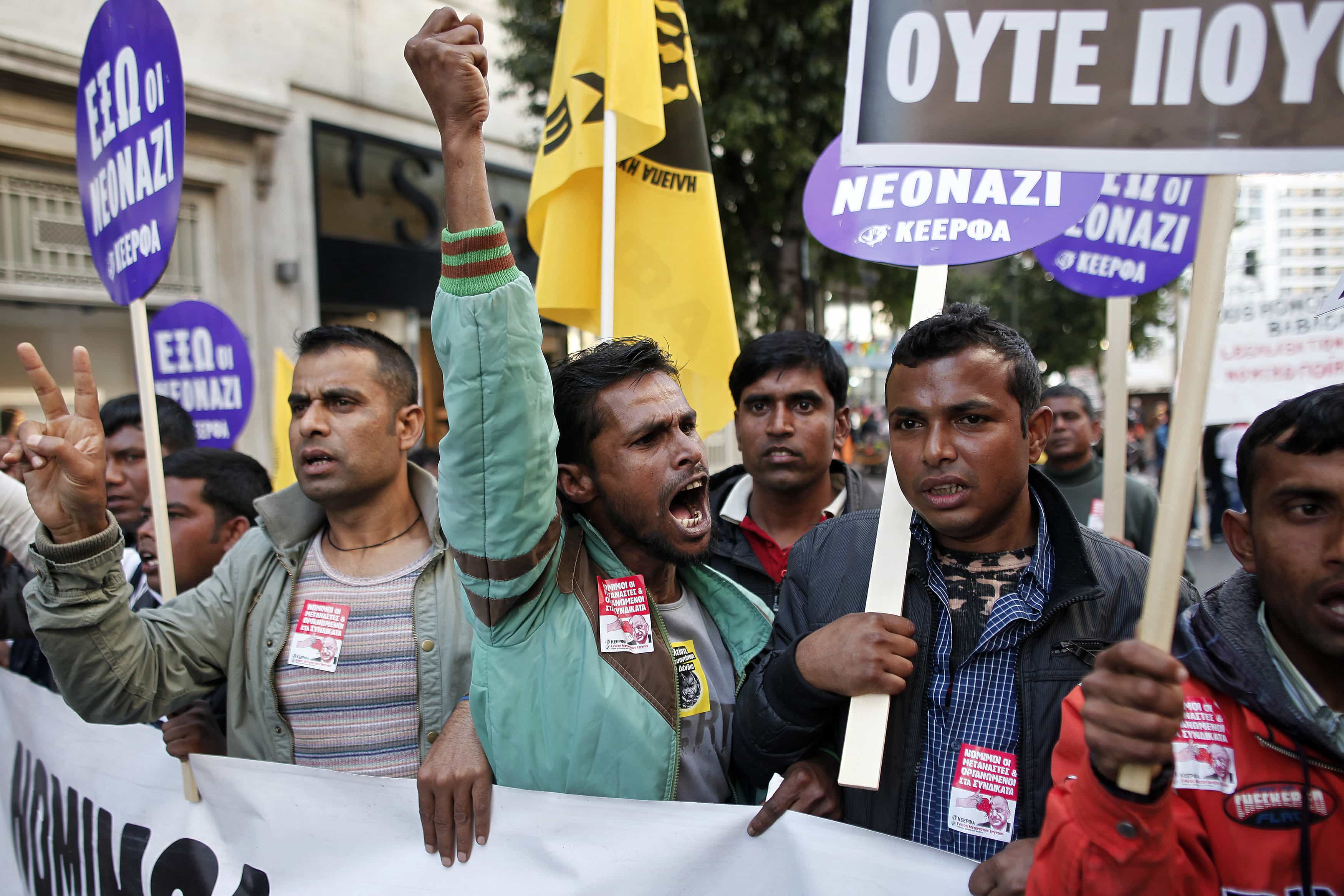
Greece: Draft law should include measures to combat racist violence and protect free speech
Members of Greek parliament should amend the draft to include measures to combat racist violence and protect free speech, Human Rights Watch said on 2 September 2014.
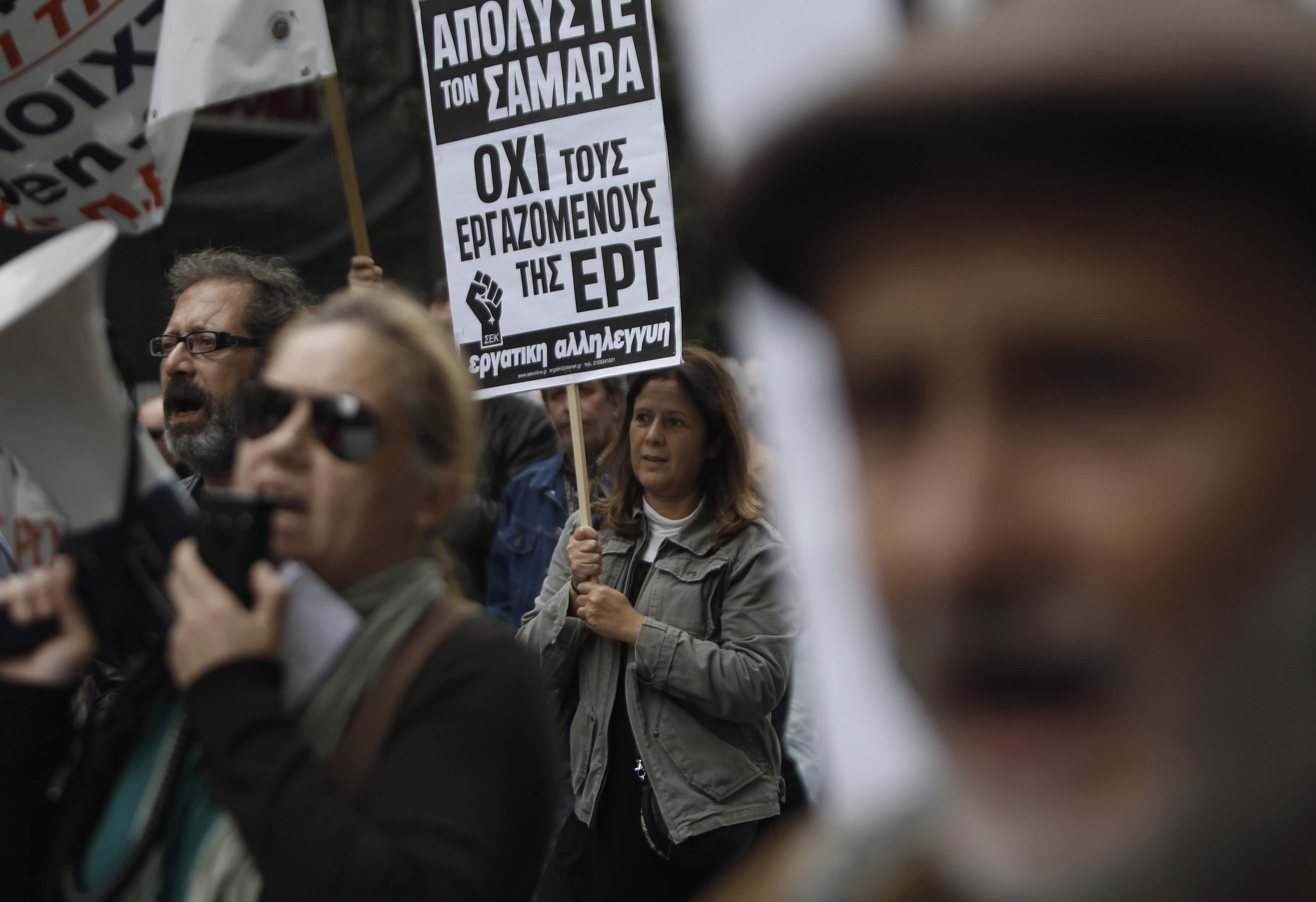
Greek journalists to hold rally marking one-year closure of public broadcaster
On 11 June 2014, journalists across Greece will hold a four-hour work stoppage as a reminder to the government that it has failed to fulfil its promise to restore an independent public broadcaster for the Greek public.
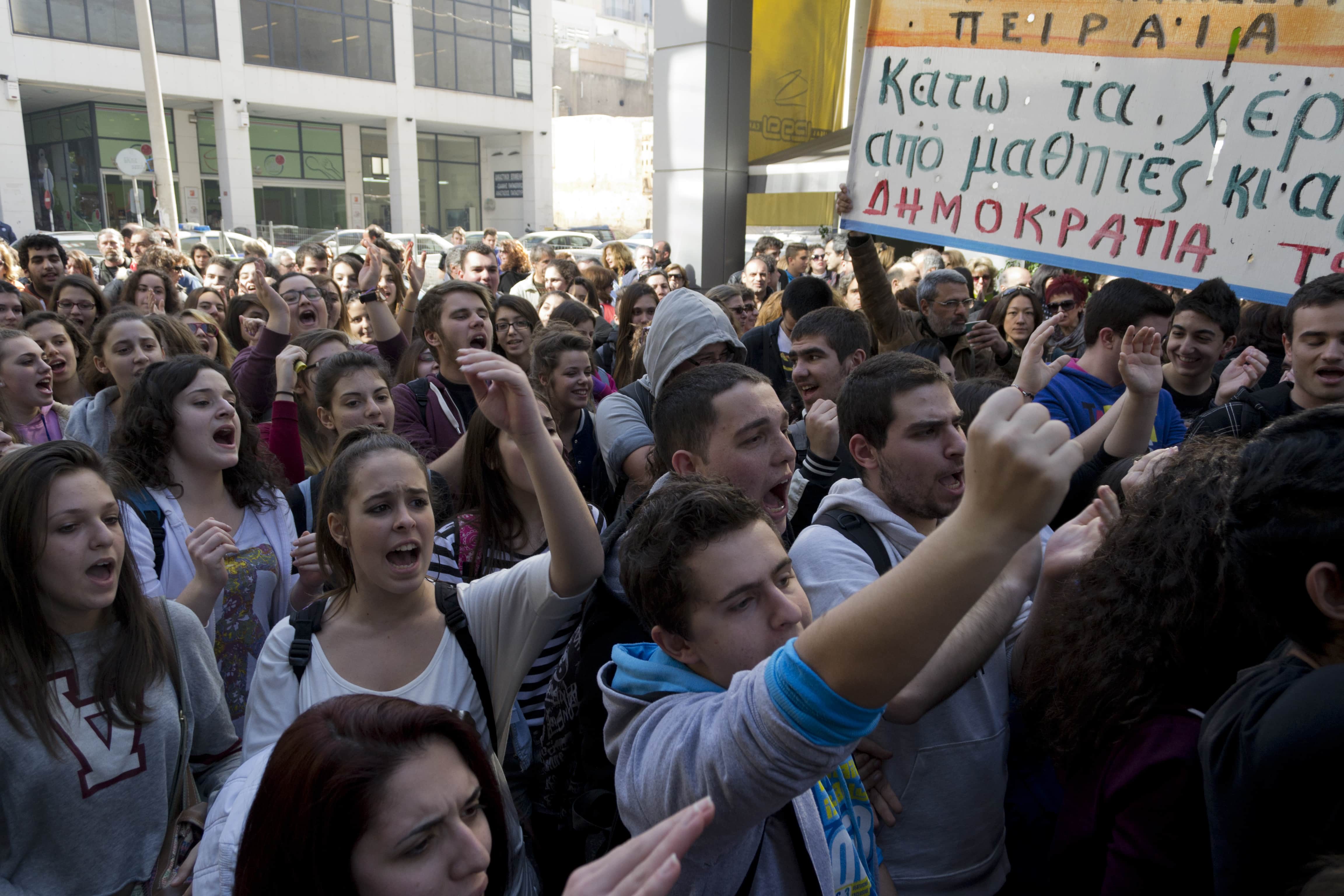
Greece: Police interrogation of students prompts protests
High school students were recently interrogated by police after having peacefully occupied Keratsini’s 2nd High School in October. Those taken in for questioning were asked about their own and their teachers’ political preferences, especially those who had been striking against public job cuts and forced transfers.
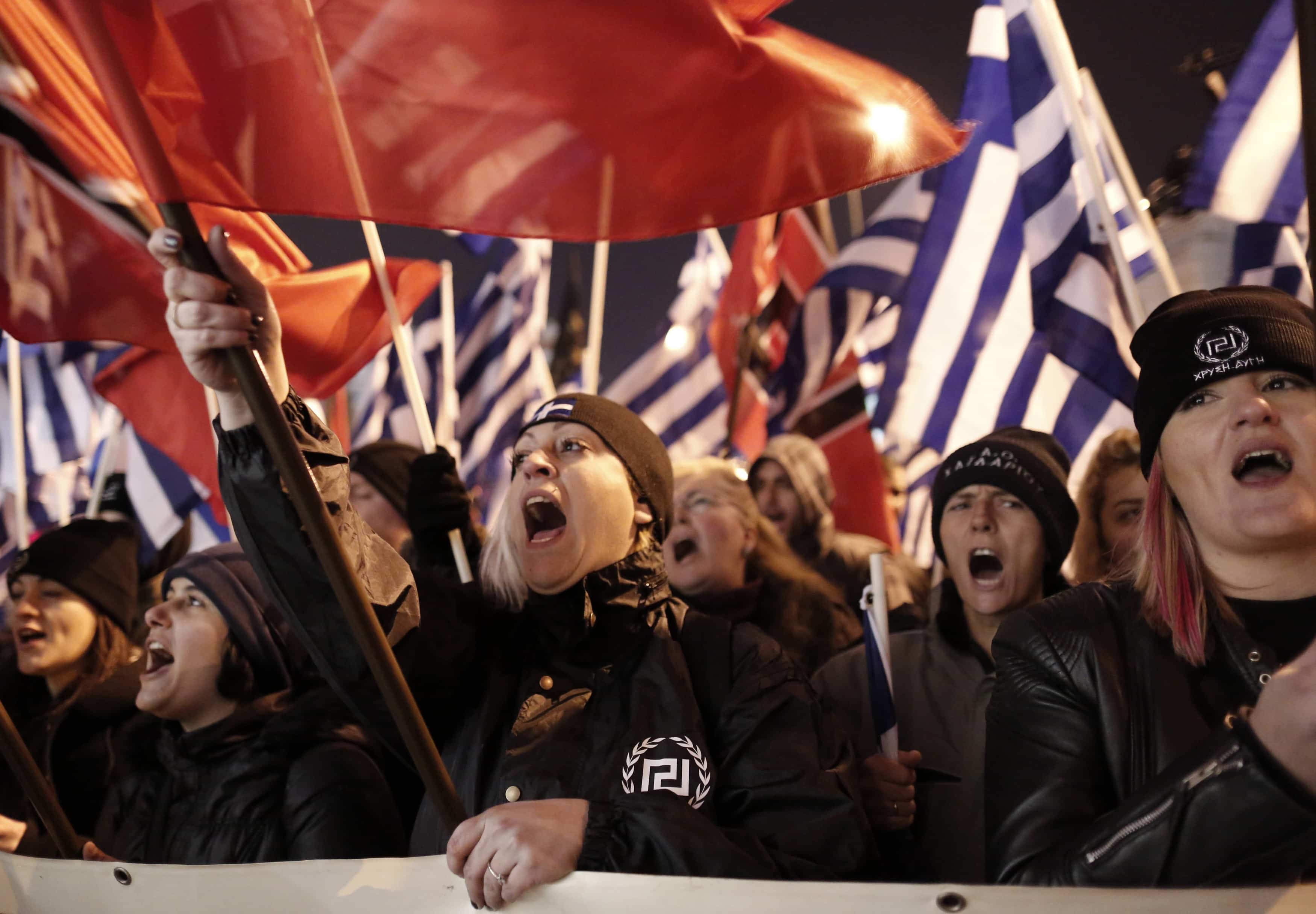
Greece: A tale of two protests
On Saturday 1 February, two protests, one from anti-fascists and anarchists, and one from Golden Dawn, were planned at different locations in the centre of Athens. While there was no police intervention at the Golden Dawn rally, riot police dispersed protesters at the anti-fascist rally using stun grenades and tear gas.
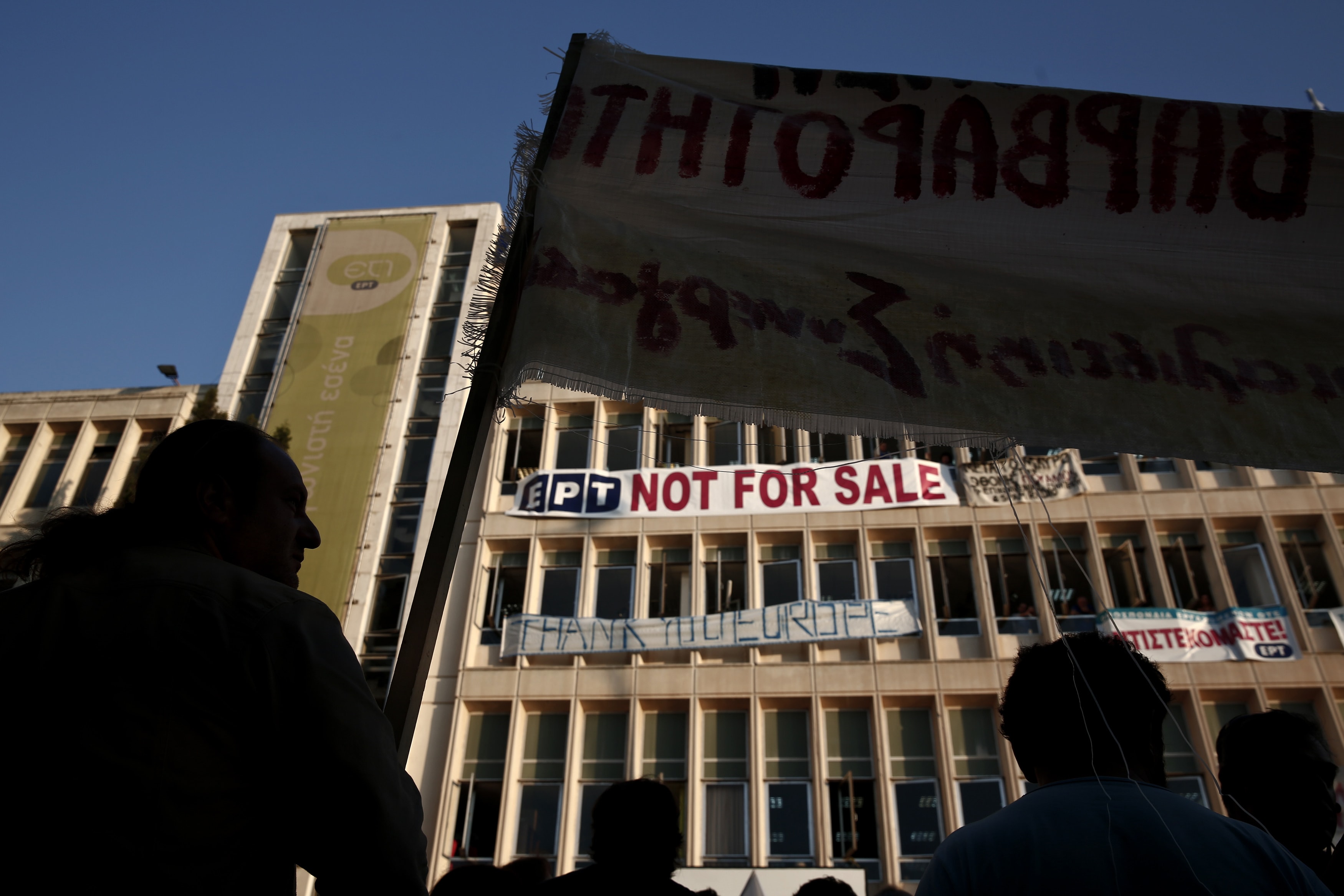
Concerns over transparency, coverage and quality at Greece’s new public broadcaster
Despite government assurances that NERIT will be a “Greek BBC”, the IFJ/EFJ believe that the new station’s minimal number of staff will mean it will not have the resources to be an independent, pluralistic and quality-focused body. Instead, it is likely to be an Athens-based organisation that is unable to focus on other regions in Greece.
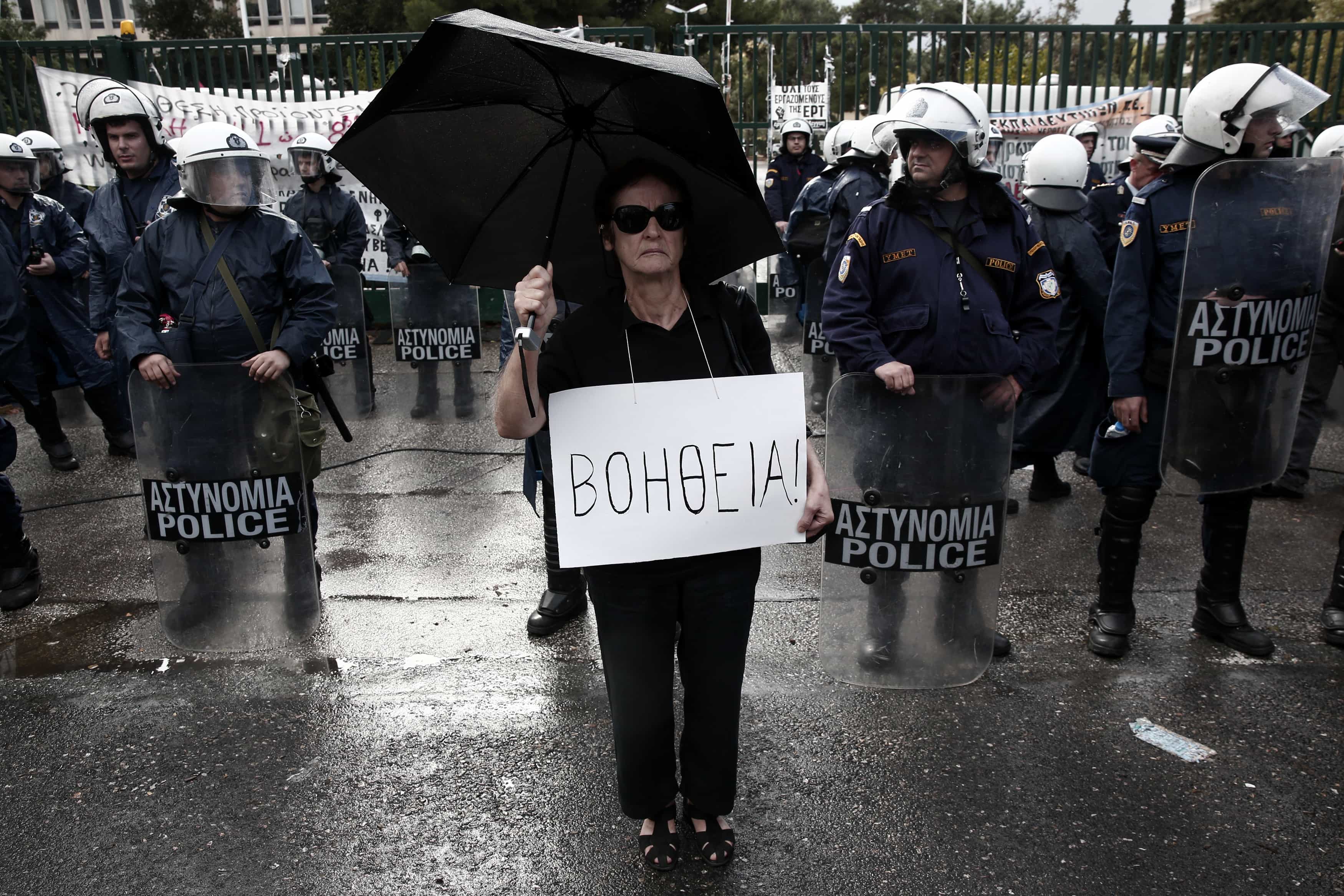
Greece: Freedom of expression takes a beating
As Greece prepares to take on the presidency of the Council of the European Union on January 1, the country continues to grapple with the free expression fallout from its financial crisis.
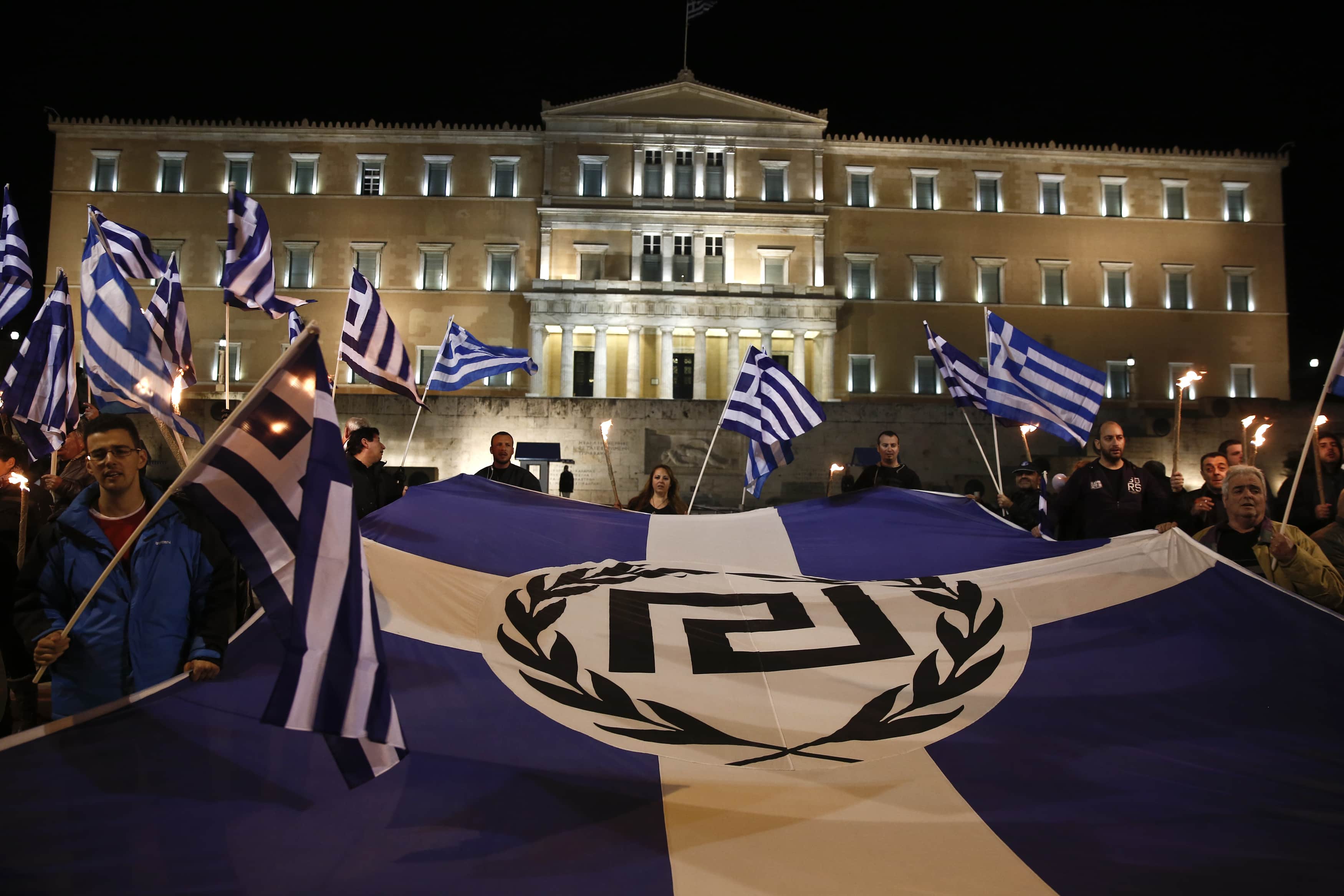
Members of Golden Dawn party allegedly beat media workers in Greece
On 9 December, supporters of the far-right Golden Dawn party allegedly beat a journalist and cameraman from Star TV as they reported on an event in a suburb of Athens. This was not the first incident in Greece in which supporters of the Golden Dawn party have allegedly threatened or attacked journalists.
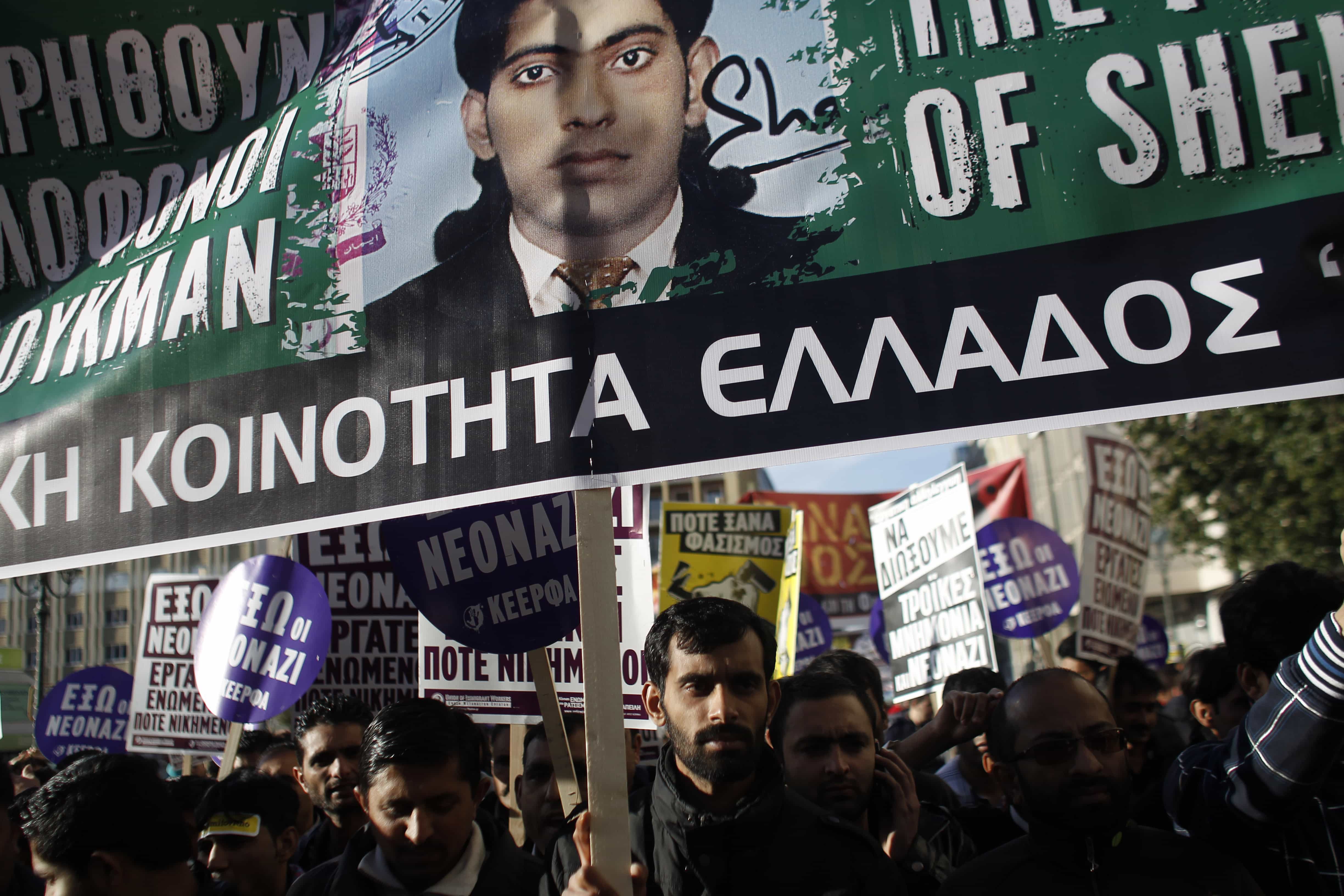
Greece urged to respect free expression while strengthening anti-racism bill
In its analysis of Greece’s draft anti-racism law, Human Rights Watch notes that while imposing sanctions for direct incitement to violence is legitimate, speech that falls short of incitement to violence – including denial of genocide and war crimes – should not be criminalized.
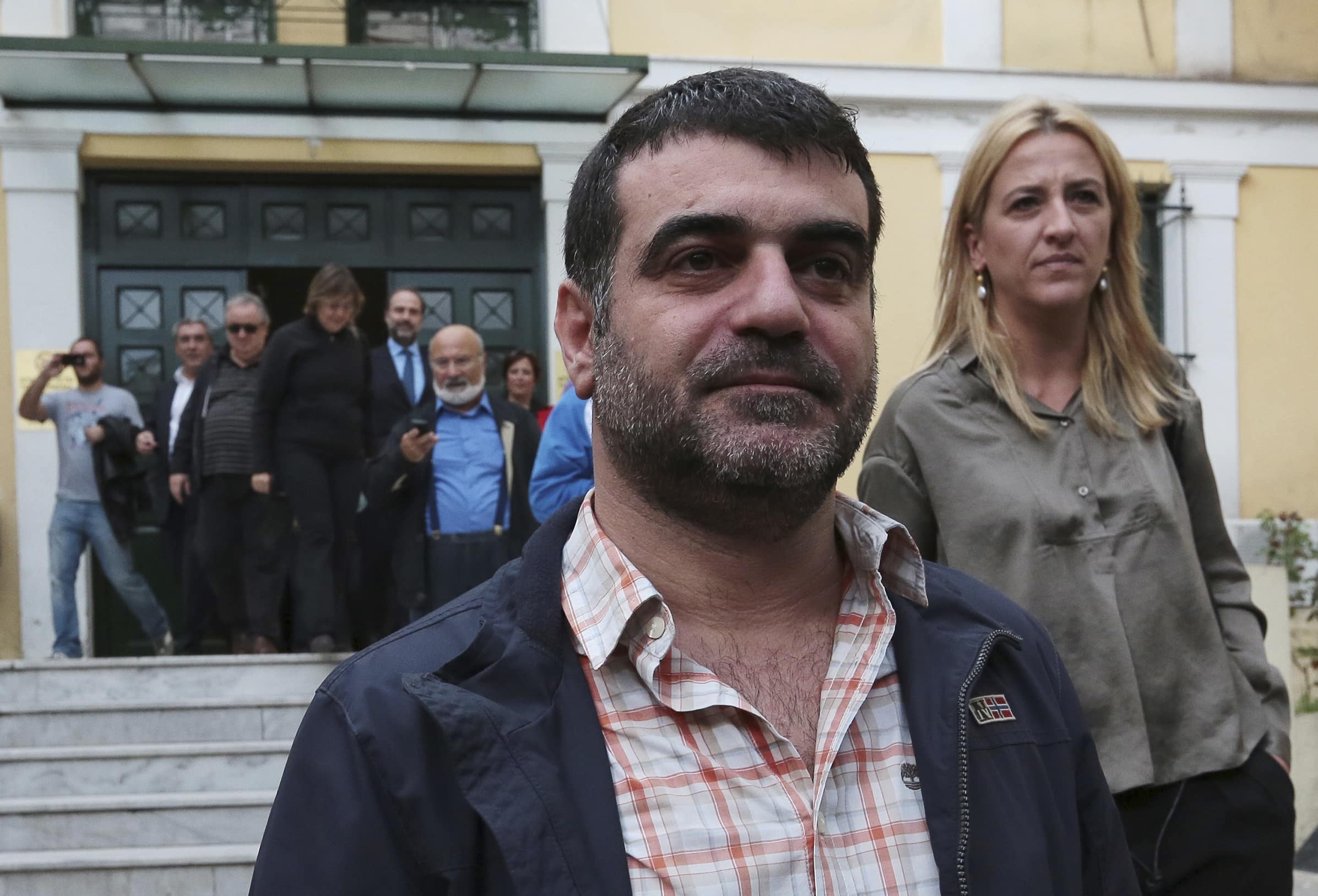
Greek journalist Kostas Vaxevanis acquitted of privacy charges over “Lagarde list”
Kostas Vaxevanis, the Greek investigative journalist who published the infamous “Lagarde list” of 2,000 Greek citizens holding Swiss bank accounts, was acquitted of charges of privacy breaches on 27 November 2013.